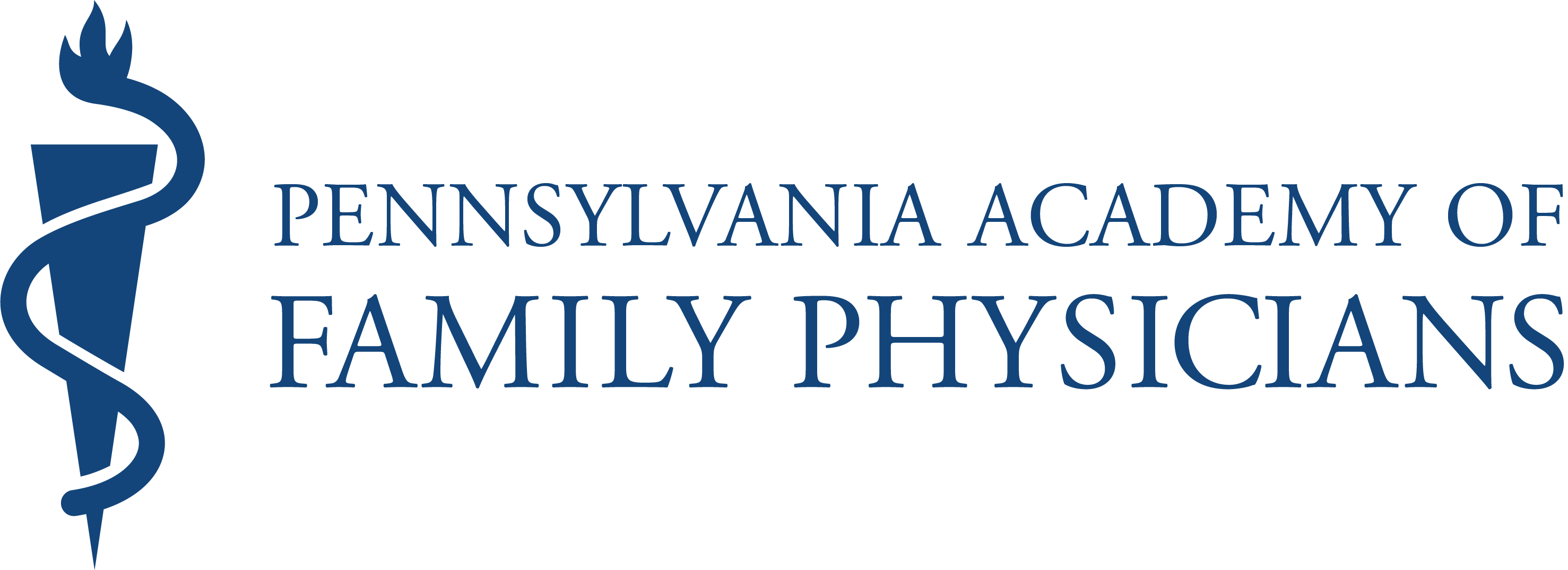
PAFP Resident Community Health Impact Grants
Applications are closed. We are working to secure more funding so please check back.
-
Grants up to $25,000 were made available to each Pennsylvania FM residency program submitting a qualifying resident-led community health scholarly project application.
-
Application/Project timelines:
(Cohort 1): Apply by April 30, 2024. Cohort timeline May 30 2024 - June 30 2025
(Cohort 2) Apply by October 30, 2024. Cohort timeline November 2024 - October 2025
(Cohort 3) Apply by April 30, 2025. Cohort timeline May 2025 - May 2026
- Required: Present at PAFP Research Day (Saturday April 4, 2026, Wind Creek Conference Center, Bethlehem, PA)
-
Required: Attend RIG Summit (Friday April 3, 2026, Wind Creek Conference Center, Bethlehem PA) A celebratory dinner program at which completed projects present posters, and incoming Cohorts attend to learn & network.
Questions? Attend an informational Zoom session or email Molly Talley, PAFP Chief Resident & Student Engagement Officer.
- Prepare your project abstract (350 words maximum)
- Download Template Budget Format (provides structure for your project budget)
Budget Note: Anticipated 2026 Research Day registration rate is $109; Wind Creek (Bethlehem, PA) room reservation rate is $220 plus taxes.
- Download Template Program Agreement (for sponsoring institution legal review & signature)
FAQs
What should you hope to accomplish through the RIG program?
- Increase access to primary care services for
rural and underserved populations;
- Increase community-integration of FM resident
training and scholarly projects
- Address a community
health need; and
- Share your project at the RIG Summit and PAFP
Research Day event (April 2026).
Looking for inspiration?
Here are a few ideas for your consideration:
- New/expanded Home visit program;
- New effort to integration of behavioral health
services with primary healthcare services;
- Building a culinary medicine
program or another type of lifestyle medicine intervention;
-
Mobile MOUD services, immunization
clinics, other health screenings & referral services;
-
Collaborate with their local food
pantry, library, barber shop, school, community center to provide health education and health screenings;
- Public health-promoting activities
for special populations: LGBTQ, refugee populations, persons with
disabilities, persons with food or housing insecurity; and
- Point of Care Ultrasound or another type of new diagnostic and screening equipment, training, integration into care.
